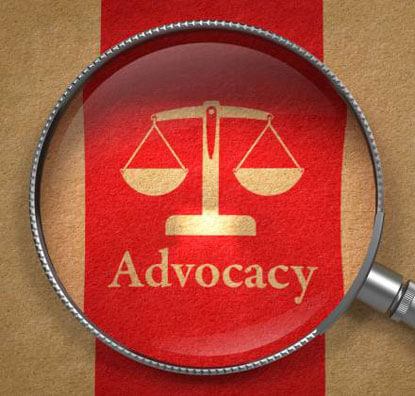In response to the historically low 26.8% pass rate on the February bar exam, four state lawmakers have urged the California Supreme Court to drop the score required to pass the bar exam.
In a June 18 letter to justices, the Democratic lawmakers pointed to the second-highest scores in the nation as one of the reasons why the legal profession and judiciary fall far short of adequately representing the demographic makeup of California.
California requires a mark of at least 1,440 out of a possible 2,000 to pass, the second-highest score in the country behind Delaware’s 1,450. The lawmakers required the court to lower the passing score at no more than 1,388.
The letter signed by D-Scotts Valley, Public Safety Chairman Reginald Jones-Sawyer, Assembly Judiciary Chairman Mark Stone, Latino Caucus Chairwoman Lorena Gonzalez and Legislative Black Caucus Chairwoman Shirley Weber, states the test has “racially discriminatory impact” on aspiring lawyers.
While half of the white first-time bar exam takers passed the test, the success rates for African Americans (18%), Latinos (25%) and Asian applicants (28%), ) were noticeably lower.
“Most alarmingly, only five percent of Black first-time bar exam takers who graduated California ABA-accredited law schools passed,” reads the letter.
The letter cited bar statistic showing that if the passing mark or cut score had been decreased to 1,390 on exams administrated in the past decade (February 2009-February 2019), 13% more blacks, 8% more Latinos, 7% more Asians and 5% more white test-takers would have passed the exam.
“These data make clear that the California bar exam, like similar standardized tests, has a racially discriminatory impact on all people of color, but particularly on Black test-takers,” the letter said.
This is certainly not the first attempt to persuade the state Supreme Court to lower the cut score as California’s success rate lags behind other states and a majority of test-takers fail the test. Nevertheless, the court refused in 2017 to reduce the cut score immediately, stating studies of the exam were underway by the state bar.
In May, the State bar announced that it was working with the California Supreme Court to form a “blue-ribbon commission” that would study the future of the bar exam in California including the cut pass score, and make suggestions to the justices about what should be included on future bar exams and how they should be scored. The commission’s membership has not yet been announced. Lawmakers said they were pleased with the commission’s mandate.
“ However, the time to take bold action to eliminate racial bias in California is now,” they wrote. “Given that the California Bar Exam is designed to test the minimal competence for the first year of law practice and not to create an artificial barrier to entrance into the legal profession, or reflect an optimal level of competence, it is only reasonable to select the lowest passing score that ensures minimal competence and does not discriminate against people of color.”
The lawmakers suggest a score of 1,388, at least until the commission finishes its work. The number comes from a 2017 bar-commissioned study, which concluded that a cut score set between 1,388 and 1,504 would be statistically valid.
‘Selecting any higher passing score is especially troubling given the many serious consequences, both personal and societal, of maintaining an unduly high cut score, including the lack of access to legal representation for many Californians’ said the letter.
The letter also asks the Supreme court to help 2020 law school grads by allowing them to practice law “with appropriate oversight” while deciding when and how the fall 2020 bar exam will be administered.
The lawmakers did not approve of diploma privilege or any alternative method that would enable graduates who have not yet taken the bar exam to practice.
The Court asked the State bar in April to delay the July 2020 bar exam until September and to consider whether to administer it online due to COVID-19 social-distancing rules. The court on June 11 raised the prospect of pushing back the test to October to coincide with an online offering of the Multistate Bar Exam.
















































